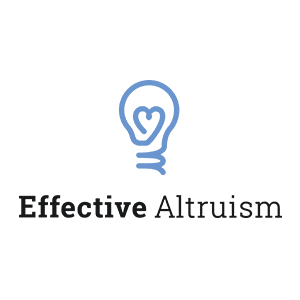 In this article Brian Tomisik considers some of the issues with utilitarianism and demandingness, and it is interesting to consider how the prevailing utilitarian view often found in the animal side of effective altruism and which dominates many of the larger animal organisations has apparently diminished demandingness by neutralising issues of justice.
In this article Brian Tomisik considers some of the issues with utilitarianism and demandingness, and it is interesting to consider how the prevailing utilitarian view often found in the animal side of effective altruism and which dominates many of the larger animal organisations has apparently diminished demandingness by neutralising issues of justice.
From Brian’s view there probably ought to be some concern over how it is we excuse injustice through mainstream advocacy, so “it’s not all or nothing”, “perfect is the enemy of the good”, “eating animals can be an effective way of helping animals” all exist as part of the reducetarian (Kateman) proveg (Leenaert / Joy) approach which aims to reduce harm to animals from within a speciesist paradigm.
One issue here for utilitarianism and effective altruism is how this challenges demandingness around authenticity or fidelity (particularly around how effective altruists are supposed to disseminate ideas). From the mainstream “pragmatic” approach the prevailing view has been to undermine issues of justice for effectiveness and to utilise privilege for that mission, this minimised a demand on many of the white / male movement leaders to address issues around speciesism, racism, sexism, class (for instance) because they constructed “effectiveness” as not only being compatible with those systems but as part of maximising progress in relation to harm reduction, therefore essentially hiding / failing to evaluate the negative consequences of utilising those systems.
Tomisik ponders: “Setting a low bar is just a way to make sure more people help, but once I joined the cause, I’d see that demanding vastly more of myself would be much better than just doing a little bit. Therefore, this cause is too demanding, and I won’t join.” This is precisely Edmund Burke’s fallacy. If imagined excessive duties prevent you from accepting utilitarianism, those excessive duties were not a utilitarian recommendation to begin with. Rather, you’re making an error.”
Indeed, and Tomisik might also realise that the error in relation to veganism isn’t veganism itself but how it has been perceived as extreme and puritanical rather than as far as possible and practicable in a non-vegan world. The answer here is not to distort veganism as Kateman and Leenaert choose to do, but to educate people in relation to what veganism actually means as a philosophical and principled approach to reducing animal suffering and ending use. Or if this is too demanding for many utilitarians, then to recognise that as being the case and shift to something which doesn’t inherently undermine a more demanding rights based / anti-speciesist approach.
Whilst it remains to be seen just how demanding it would be to address systemic issues of oppression if we take the perspective of people who are discriminated against. Surely it is far less demanding to address these issues for people who would benefit from them being addressed whilst the people on the top of the privilege pyramid (many of whom are movement leaders) continue to gain from not doing so.
